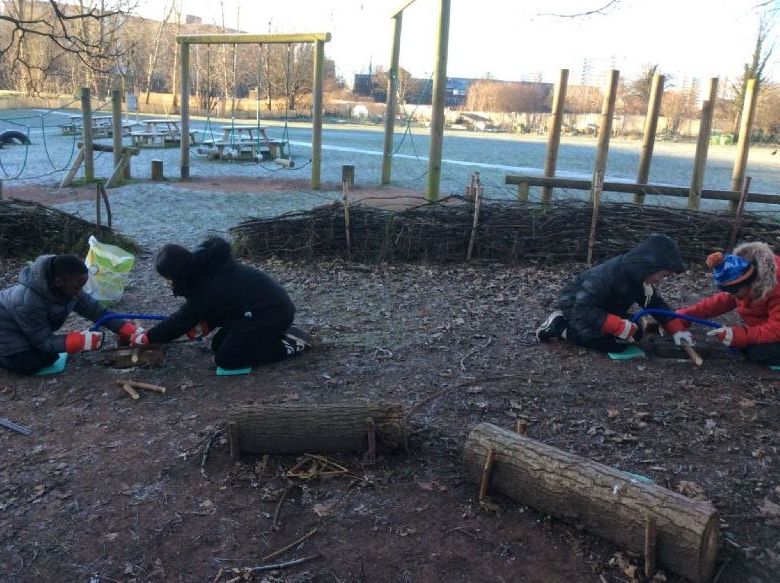Nature Curriculum
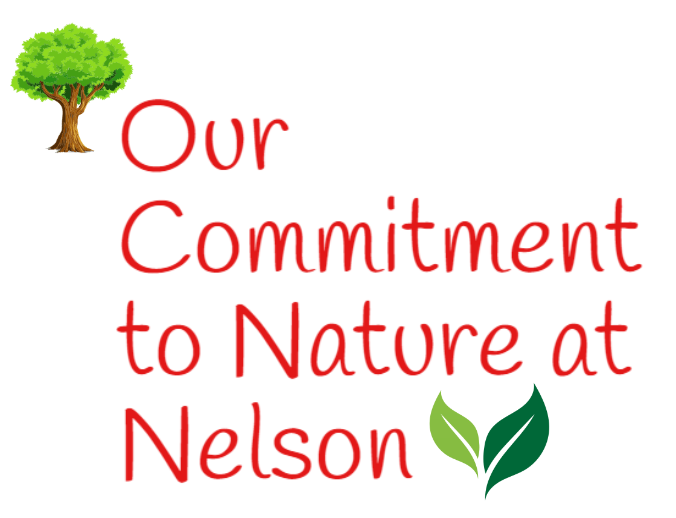 We believe that connecting with nature is essential for children's holistic development. Our nature curriculum is designed to foster a deep appreciation for the natural world and empower our pupils to "Care for everyone and Everything".
We believe that connecting with nature is essential for children's holistic development. Our nature curriculum is designed to foster a deep appreciation for the natural world and empower our pupils to "Care for everyone and Everything".
Read about our Bees, Allotment, Goats and Forest School here.
Living in an inner-city environment like Birmingham, some of our pupils may have limited access to green spaces. That's why we've created a vibrant and engaging nature-based learning environment right here on our school grounds. Our goal is to inspire curiosity, foster empathy, and cultivate a sense of responsibility for the planet.
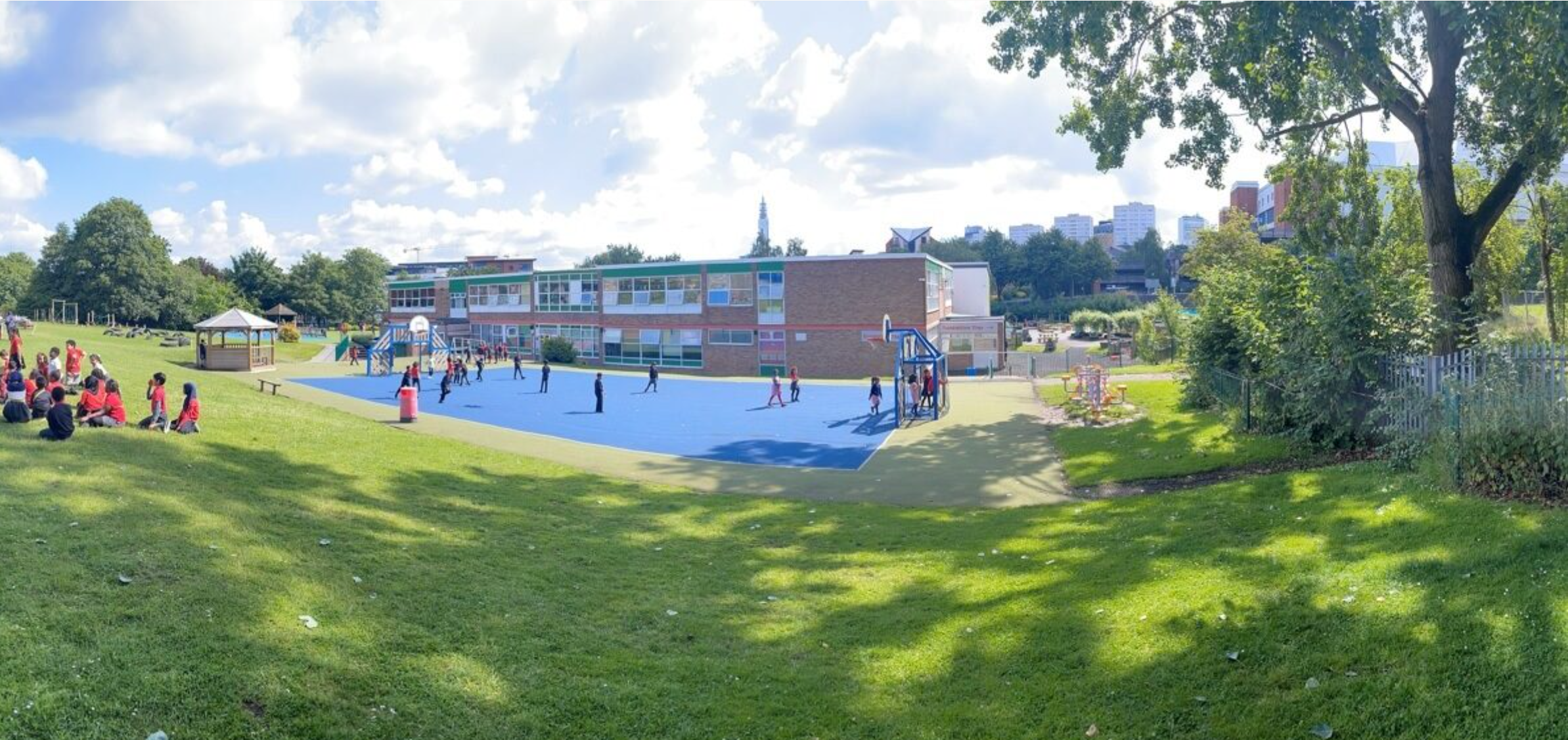
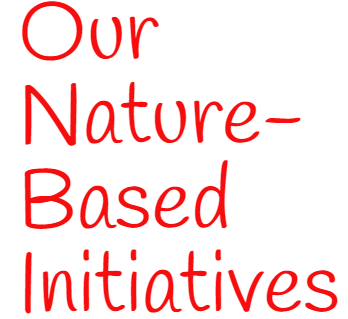
- Animal Encounters: Our six pygmy goats have become beloved members of our school community. Caring for these gentle creatures has helped our pupils develop kindness, compassion, and a sense of responsibility. They've learnt about animal welfare, nutrition, and the importance of creating a nurturing environment.
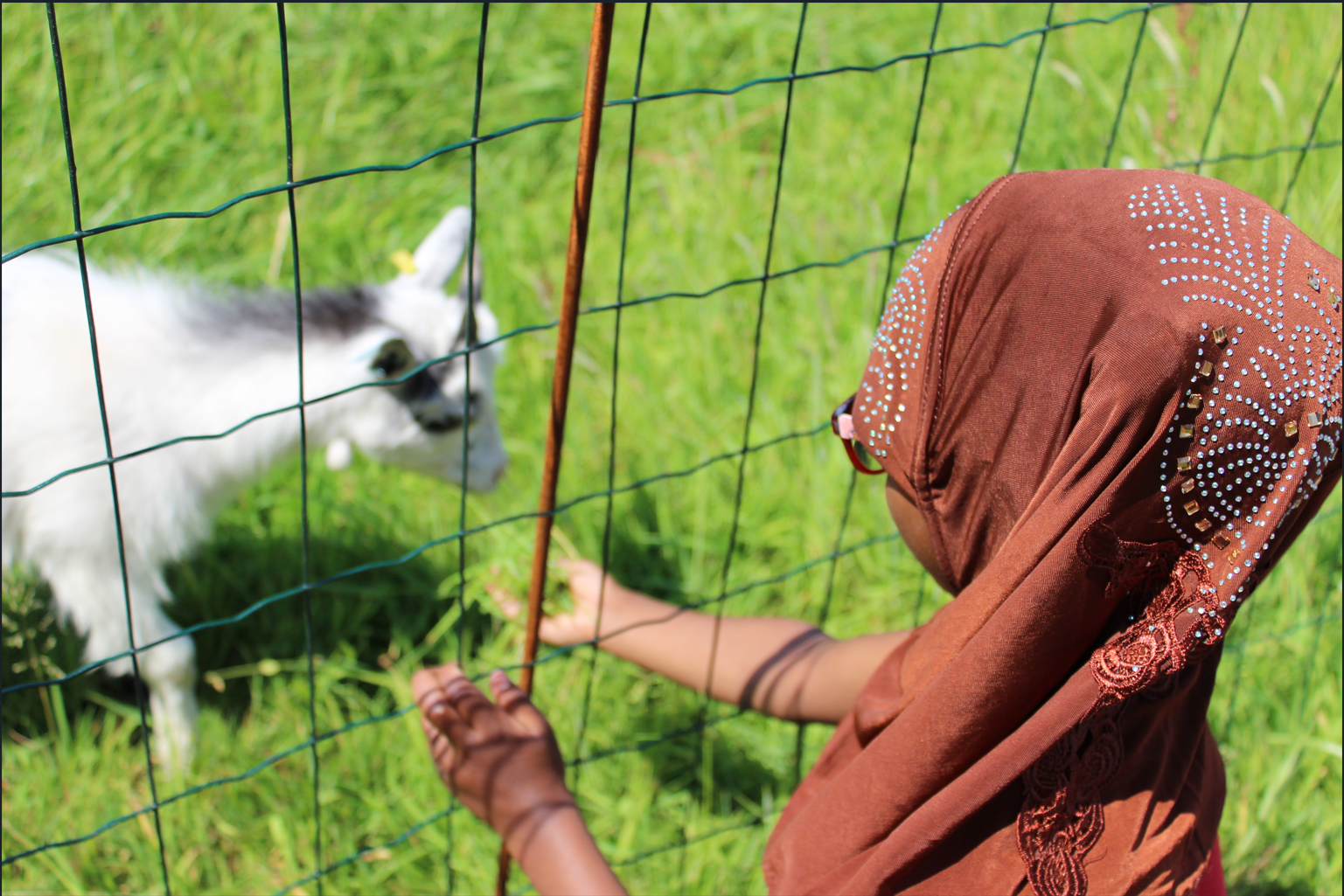
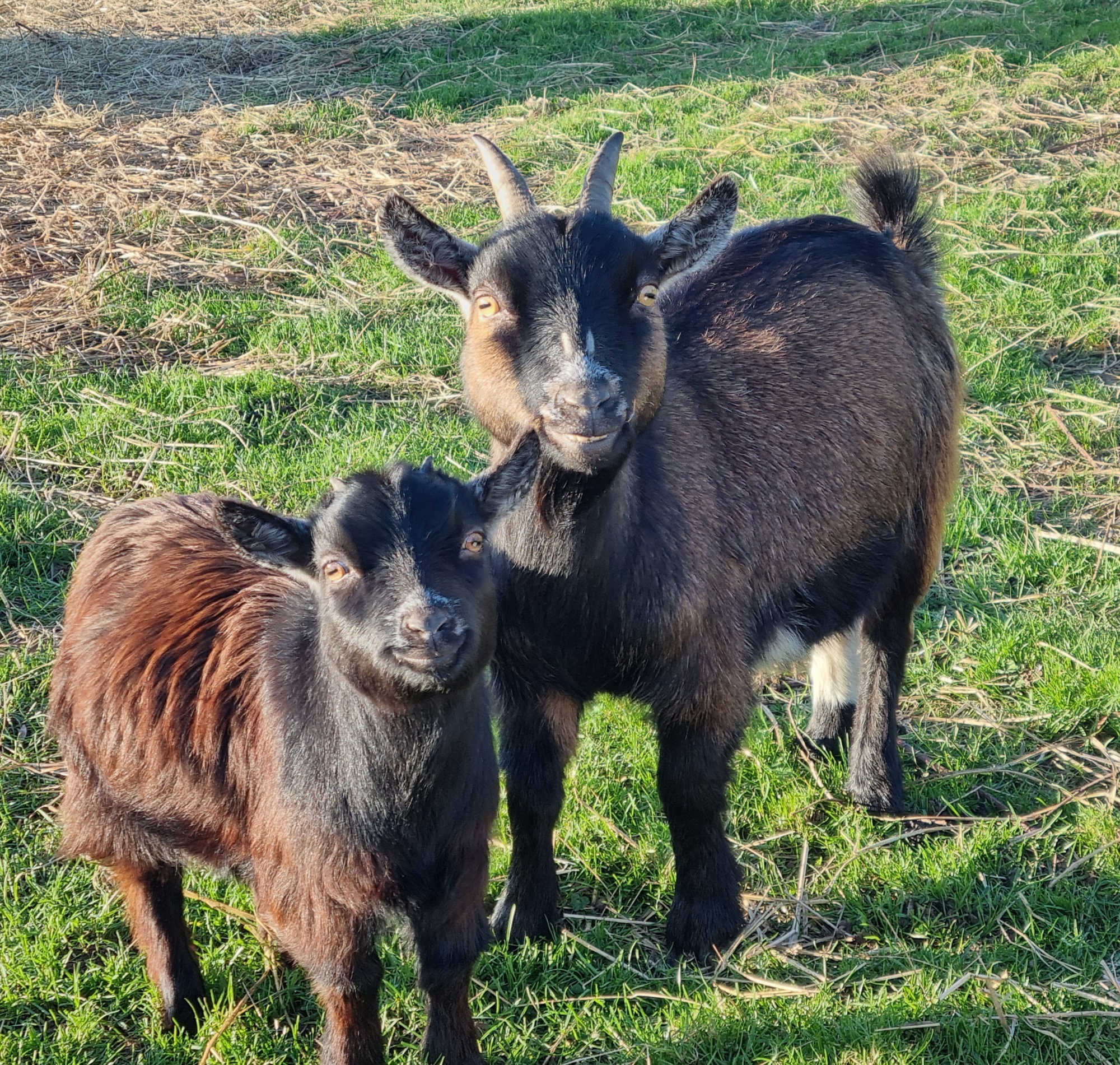
- The Allotment Experience: Our large allotment provides a hands-on opportunity for children to grow their own vegetables, herbs, and fruits. They learn about the life cycle of plants, the importance of healthy eating, and the satisfaction of harvesting their own food. These freshly grown ingredients are also used in our design and technology lessons, promoting creativity and problem-solving skills.
- Beekeeping Adventures: We're excited to introduce a beehive to our school and have trained pupils to care for these vital pollinators. Beekeeping teaches children about the interconnectedness of ecosystems, the importance of bees for food production, and the delicate balance of nature.
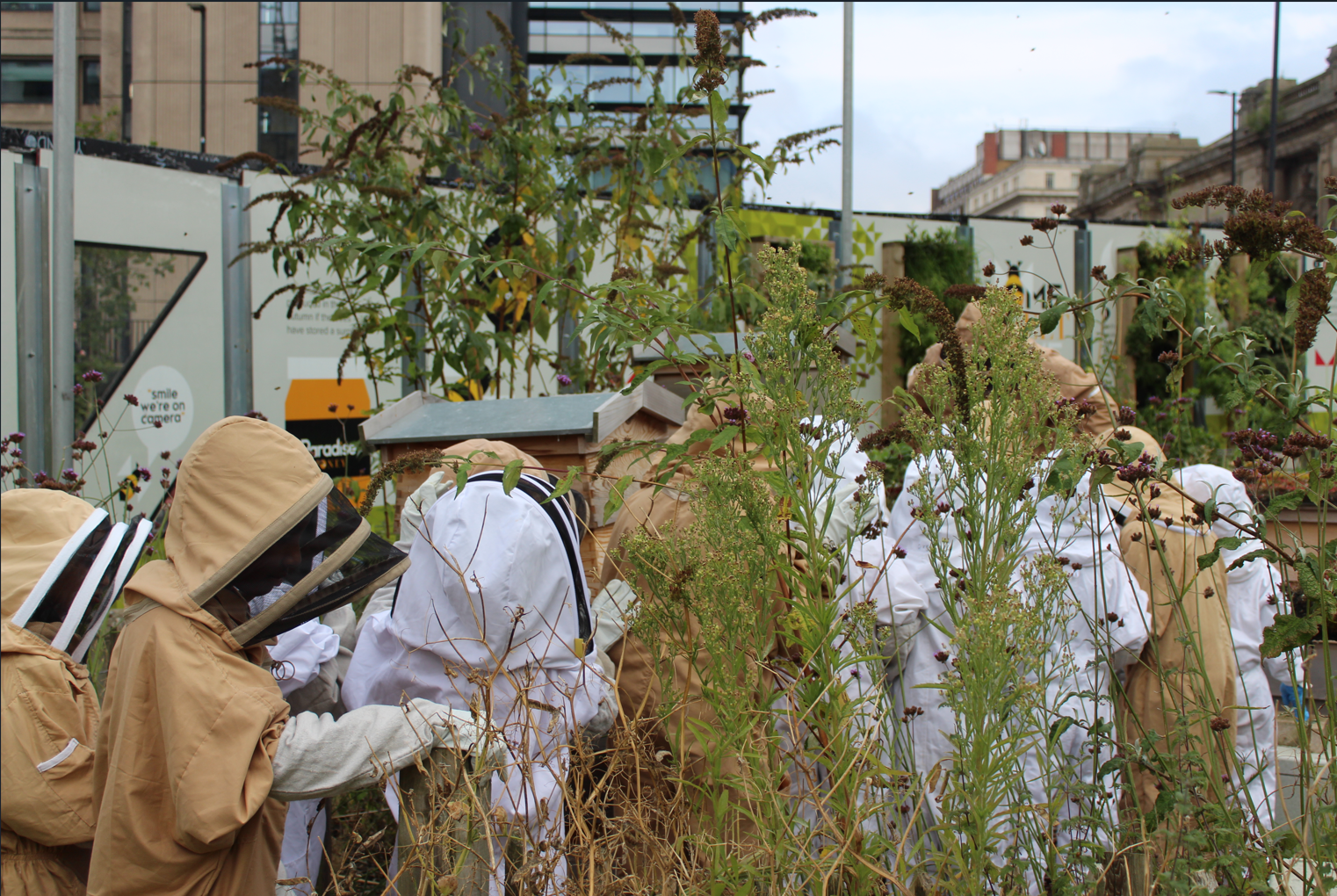
- Enhancing Biodiversity: We've installed features like a wildflower garden around our "cabin in the woods" and a flower wall to encourage insects to flourish on our grounds. These initiatives support biodiversity and provide valuable habitats for pollinators and other beneficial insects.
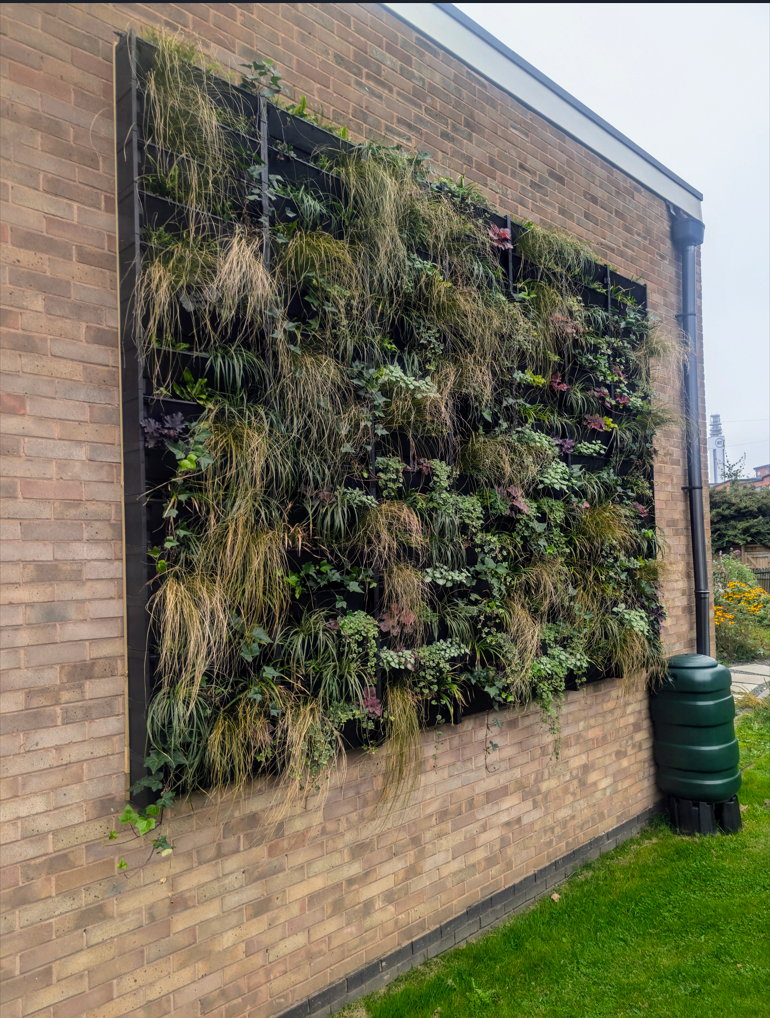
- Outdoor Playgrounds: Our school features a forest school campground, a tree swing, and a hideaway under the trees, providing opportunities for imaginative play and exploration. These outdoor spaces encourage physical activity, creativity, and a connection to the natural world.
- Early Years Provision: Our early years children have a specially designed outdoor area with hobbit holes and natural resources to stimulate their senses, encourage curiosity, and foster a love of nature from a young age.
- Upcoming Plans: We're also hoping to introduce chickens to our school. Chickens provide a valuable source of fresh eggs, teach children about animal care, and offer opportunities for hands-on learning about life cycles and sustainability.
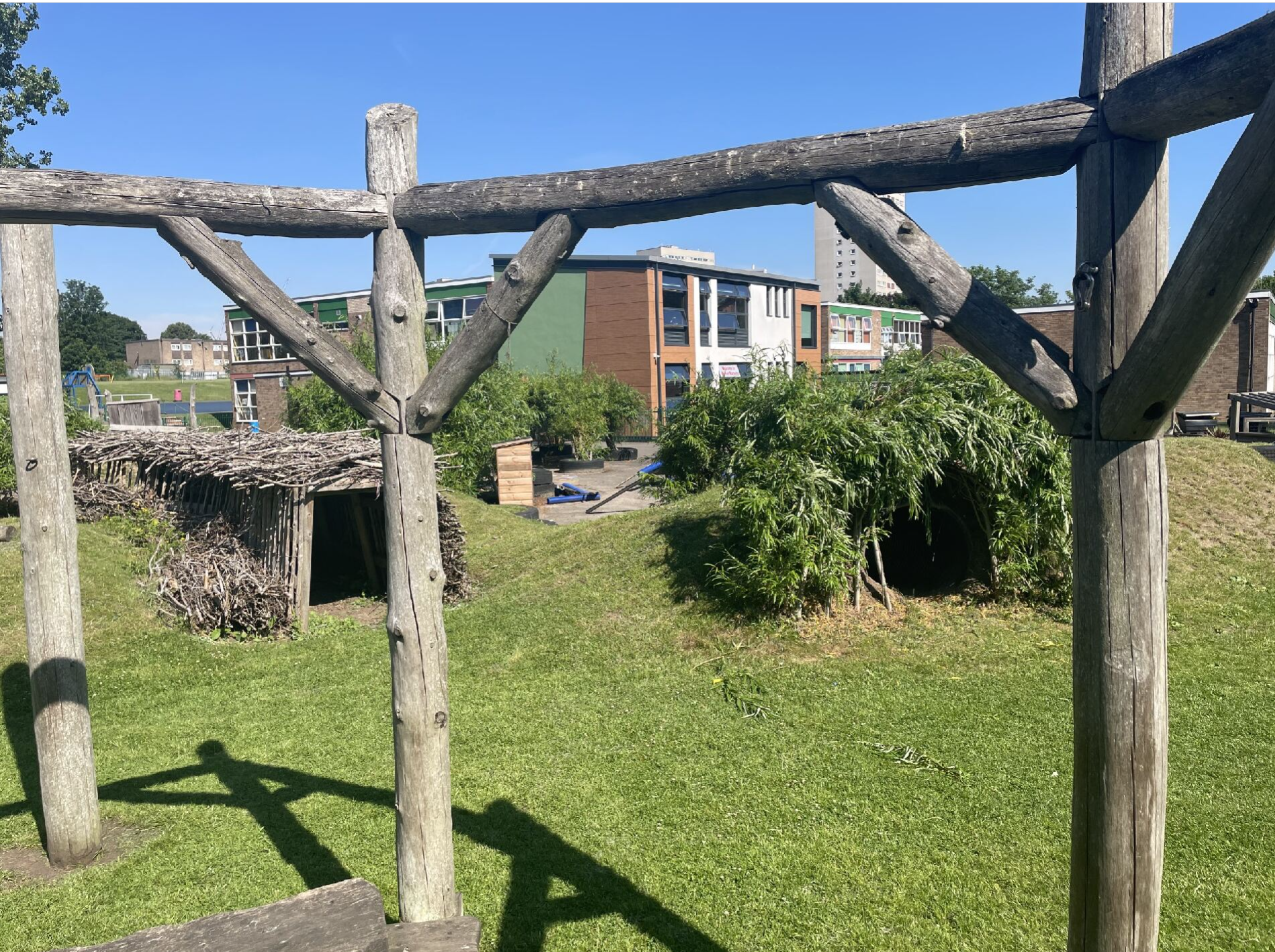
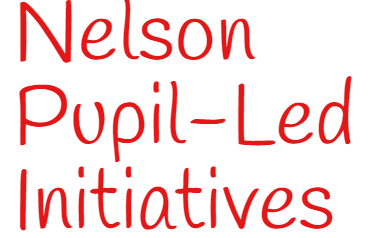
- Pupil Gardening Team: Our dedicated pupil gardening team works closely with Miss Fulford to maintain our school's allotment and gardens. This hands-on experience allows children to develop gardening skills, learn about plant care, and contribute to the overall beauty of our school grounds.
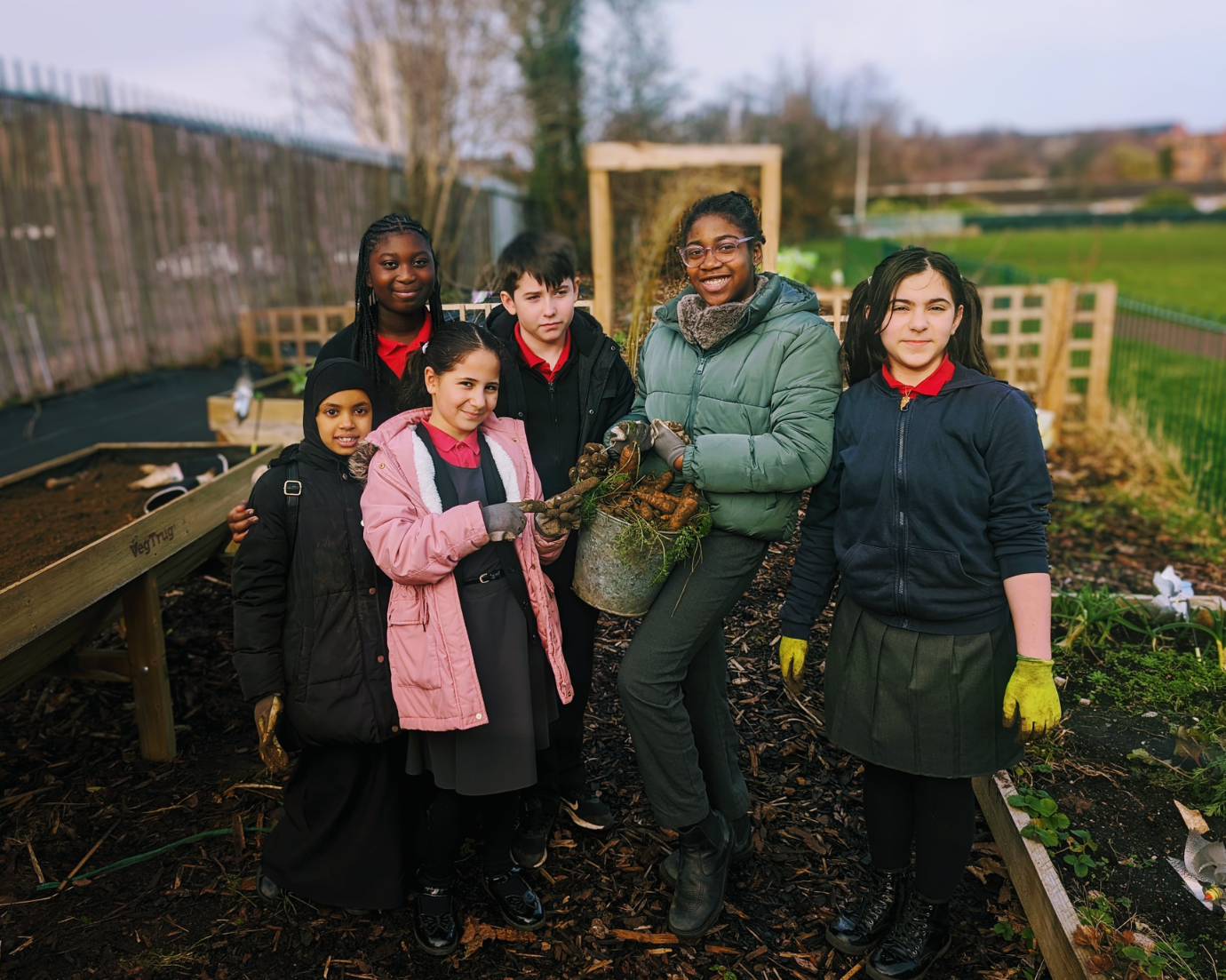
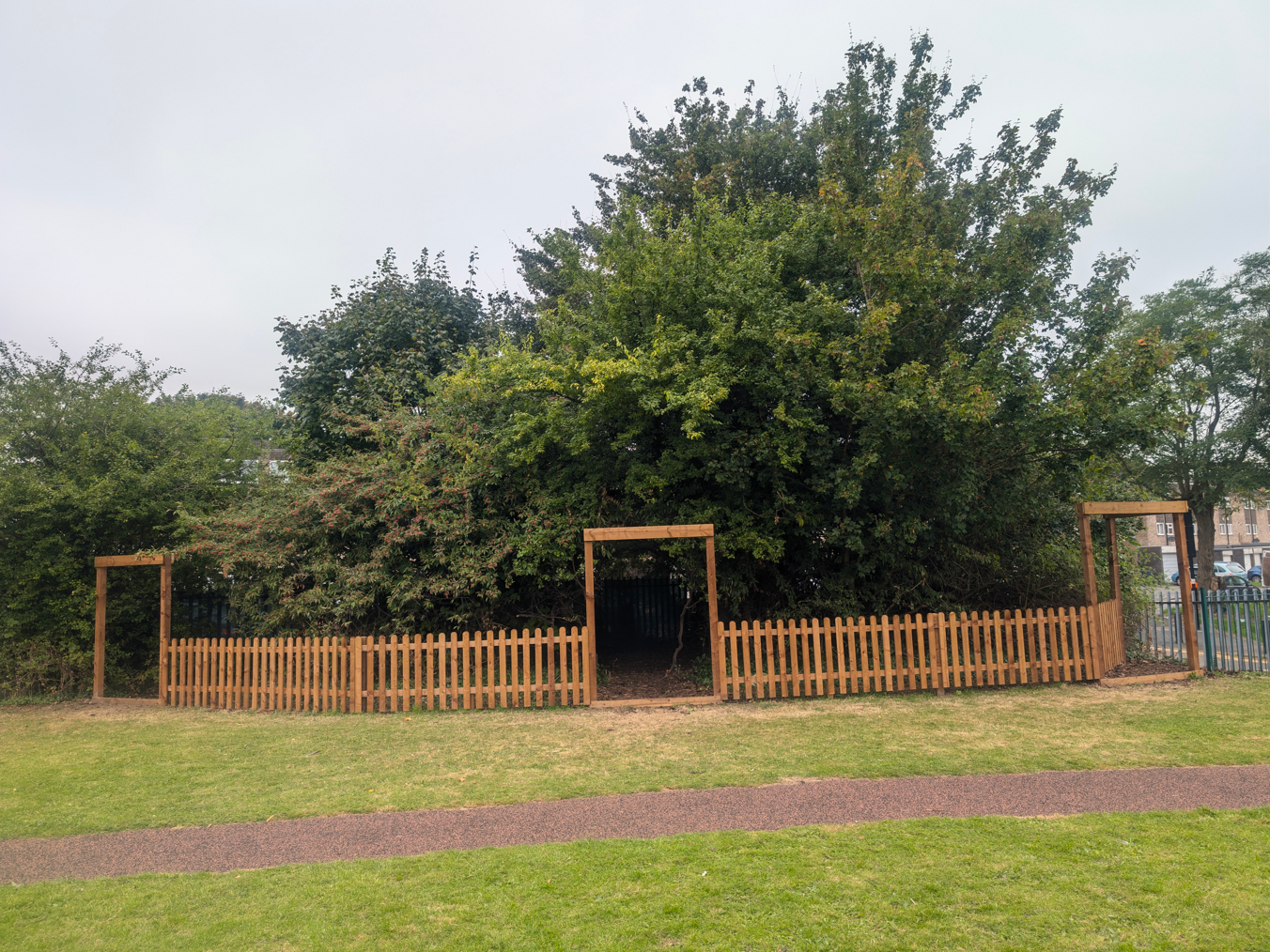
- Goat Caretakers: Children who earn a record number of Trackitlight points are rewarded with the special privilege of feeding our pygmy goats at lunchtime and assisting with their care. This opportunity fosters a sense of responsibility, empathy, and appreciation for animals.
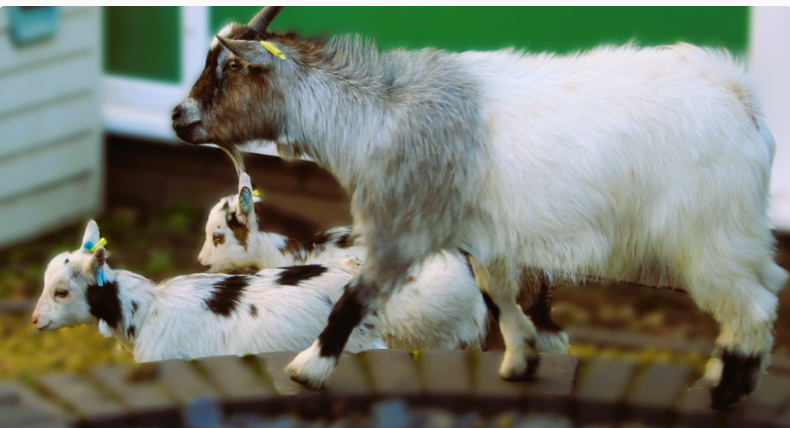
- Junior Beekeepers: We've created a junior beekeeping program to involve our pupils in the care of our beehive. This initiative provides hands-on learning experiences about bees, pollination, and the importance of biodiversity.
- Nature Ambassadors: Led by Miss Butler, our team of nature ambassadors focus on initiatives where they can make our outside space a better place to be.
By incorporating these nature-based initiatives into our curriculum, we are equipping our pupils with the knowledge, skills, and values needed to become responsible environmental stewards. We believe that nurturing a connection to nature will not only benefit their academic and personal development but also contribute to a more sustainable future for all.
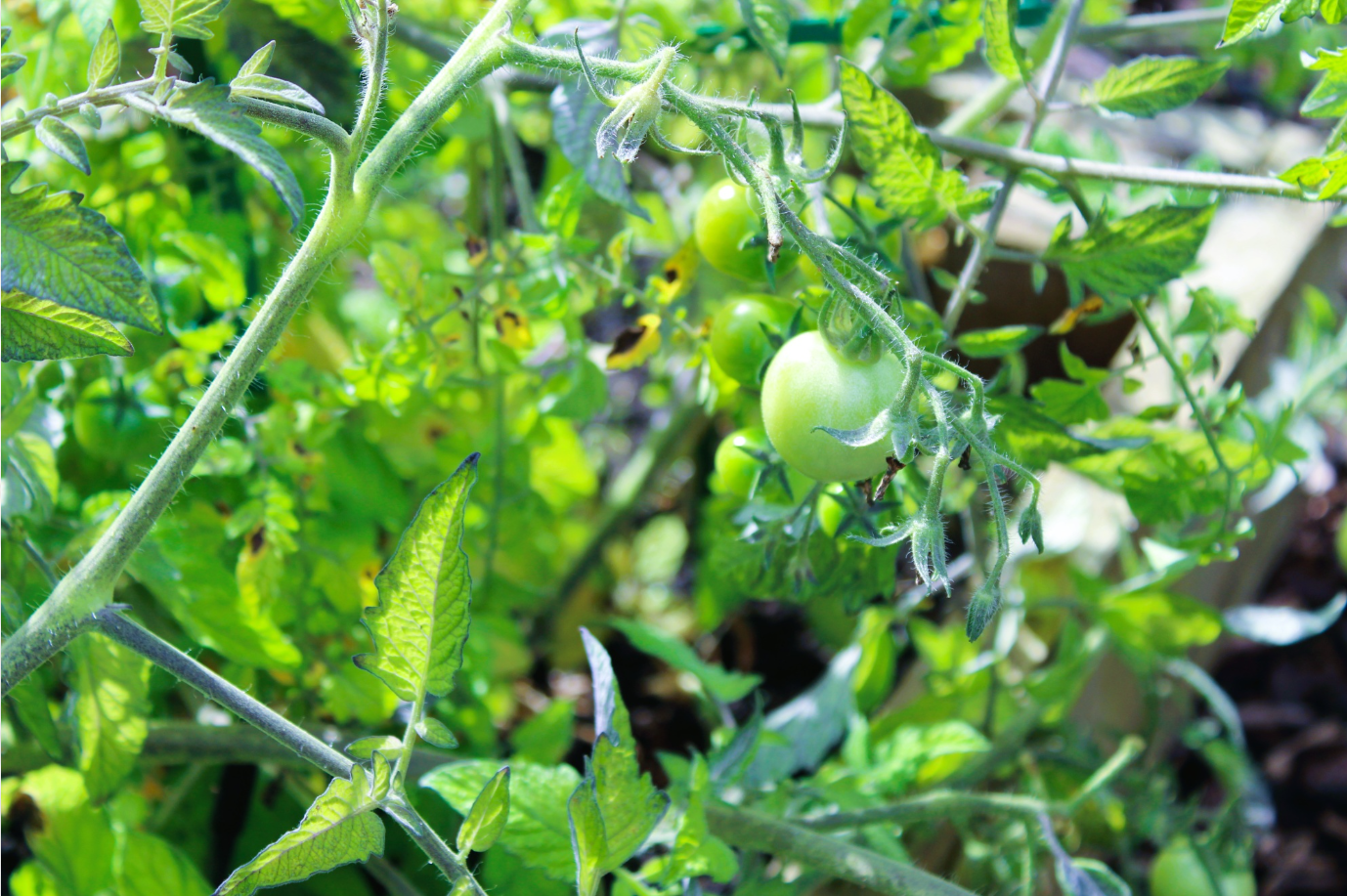
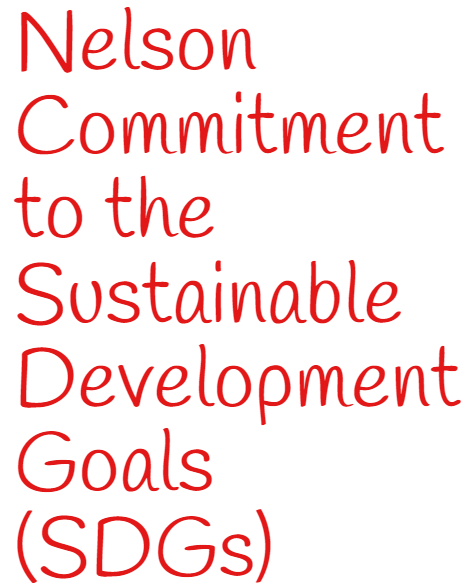 We are also committed to educating our pupils about the United Nations Sustainable Development Goals (SDGs). We believe that by understanding the interconnectedness of social, economic, and environmental issues, our children can become informed and responsible global citizens.
We are also committed to educating our pupils about the United Nations Sustainable Development Goals (SDGs). We believe that by understanding the interconnectedness of social, economic, and environmental issues, our children can become informed and responsible global citizens.
Our nature-based curriculum plays a crucial role in teaching our pupils about the SDGs. By exploring topics such as biodiversity, climate change, and sustainable agriculture, children learn how human actions can impact the natural world and how we can work together to create a more sustainable future.
Through our various nature-based initiatives, our pupils are actively contributing to the SDGs. For example, our gardening projects promote sustainable food production and reduce our school's ecological footprint. Our beekeeping program supports biodiversity and helps to ensure the health of our ecosystems. By caring for our school's natural environment, our pupils are taking practical steps towards a more sustainable future.
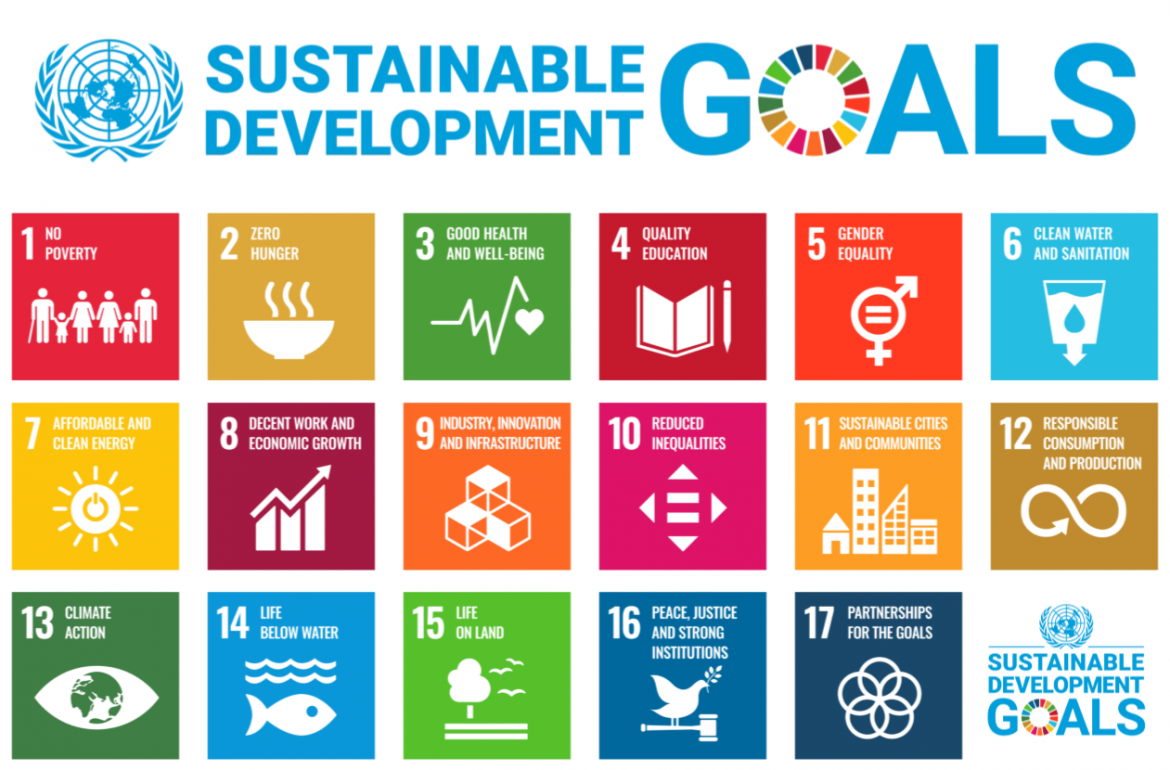 As our pupils develop a deeper understanding of the SDGs, they are inspired to become responsible global citizens. They learn the importance of ethical consumption, resource conservation, and community engagement. By empowering our children with knowledge and skills, we are equipping them to make a positive impact on the world and contribute to a more sustainable future for all.
As our pupils develop a deeper understanding of the SDGs, they are inspired to become responsible global citizens. They learn the importance of ethical consumption, resource conservation, and community engagement. By empowering our children with knowledge and skills, we are equipping them to make a positive impact on the world and contribute to a more sustainable future for all.

